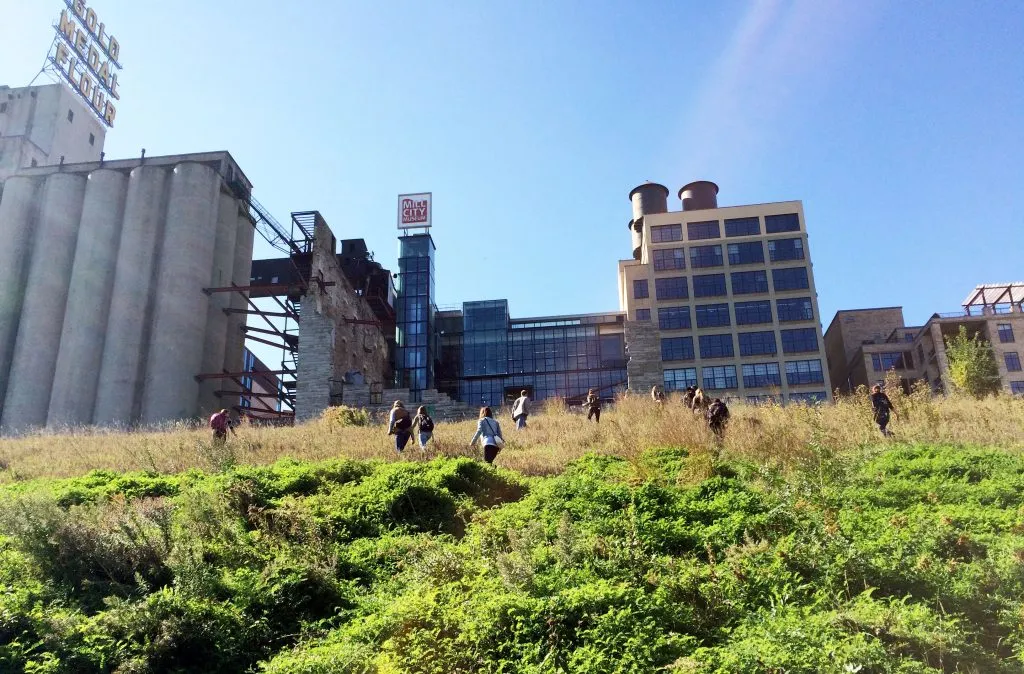Introduction
Short-term stay developers are reshaping the real estate market by focusing on properties designed for flexibility, convenience, and lifestyle mobility. Catering to tourists, business travelers, digital nomads, and even locals seeking temporary residences, these developers create spaces that prioritize comfort and accessibility without long-term commitment. Their projects meet the growing demand for adaptable housing in a fast-moving world, where flexibility often outweighs permanence.
The hallmark of short-term stay developers lies in their ability to blend hospitality with residential living. Unlike traditional homes, their projects are crafted with the features of hotels—such as fully furnished units, concierge services, and curated amenities—while maintaining the privacy and independence of residential spaces. This balance appeals to modern lifestyles where people value both comfort and freedom.
Location plays a vital role in the success of short-term stay developments. These properties are often situated in prime areas near business districts, entertainment hubs, transport terminals, and tourist destinations, ensuring convenience for temporary residents. By offering immediate access to city essentials, short-term stay developers create housing solutions that are not just practical but also highly desirable.
Design and functionality are also central to their appeal. Compact yet efficient layouts, stylish interiors, and smart technologies make units attractive and user-friendly. Amenities such as shared workspaces, fitness centers, lounges, and rooftop areas further enhance the experience, creating vibrant communities even for those who stay only briefly.
From an investment perspective, short-term stay properties offer strong rental potential. With platforms like Airbnb and the rising popularity of flexible leasing, investors are drawn to the consistent demand generated by both local and international renters. Short-term stay developers capitalize on this trend by delivering projects designed to maximize occupancy and rental yield.
Equally important is their adaptability to changing market conditions. Whether responding to seasonal tourism peaks or shifting corporate housing demands, short-term stay developers remain agile, ensuring their projects remain relevant and profitable across diverse economic landscapes.
Conclusion
Short-term stay developers are transforming real estate by creating communities that emphasize flexibility, convenience, and modern living. By merging hospitality standards with residential comfort, they address the growing need for temporary yet high-quality housing solutions. For renters seeking freedom and investors pursuing strong returns, short-term stay developers offer a model that thrives in today’s dynamic, mobile world.




